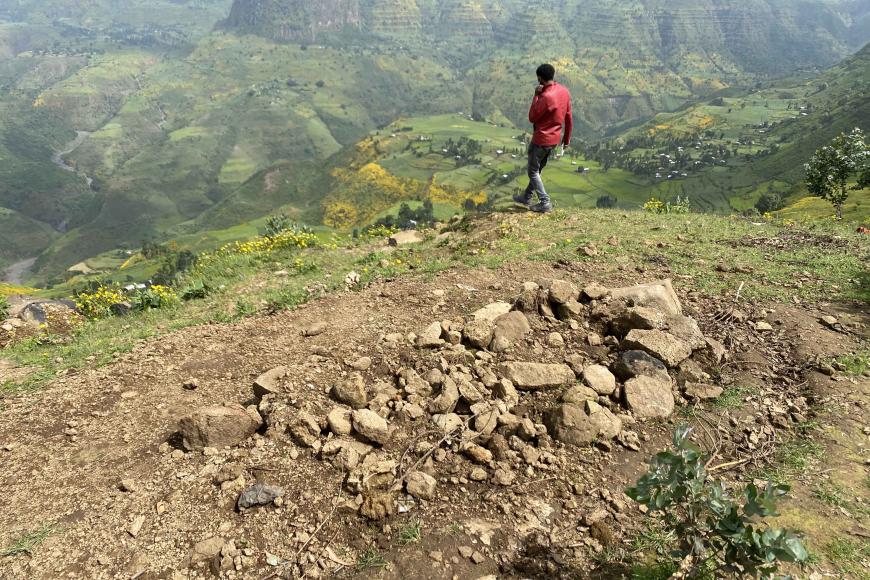
Addis Ababa, December 10, 2021 (Walta) – The Human Rights Watch said the terrorist TPLF has Summarily Executed Civilians in Chenna and Kobo.
The Human Rights Watch has issued a statement on the genocide committed by terrorist TPLF.
Tigrayan forces summarily executed dozens of civilians in two towns they controlled in Ethiopia’s northern Amhara region between August 31 and September 9, 2021, Human Rights Watch said yesterday
According to the statement, in September and October, Human Rights Watch remotely interviewed 36 people, including witnesses to killings, victims’ relatives and neighbors, religious figures, and doctors about fighting and abuses in and around Chenna Teklehaimanot village (Chenna) and the town of Kobo. Nineteen people described seeing Tigrayan fighters in Chenna and Kobo summarily execute a total of 49 people who they said were civilians, providing 44 names.
Human Rights Watch also obtained three lists of civilians who had allegedly been killed in Chenna between August 31 and September 4. Taken together, the lists contain 74 names, 30 of which witnesses and relatives of those killed also mentioned to Human Rights Watch.
By July, Tigrayan forces had moved into neighboring Afar and Amhara regions, displacing hundreds of thousands of civilians, some multiple times, and triggering widespread humanitarian needs. Tigrayan forces have also committed sexual violence against women and girls in the Amhara region.
Chenna residents interviewed provided the names of 39 civilians they said Tigrayan forces summarily executed while occupying the village, although they only saw 26 of them being killed.
Walta Television on the spot reported that over 100 civilians were killed by this terrorist group, it was learnt.
The investigation should include alleged summary executions and other serious violations of the laws of war by Tigrayan forces, identify those responsible at all levels, and preserve evidence for future accountability, Human Rights Watch said.